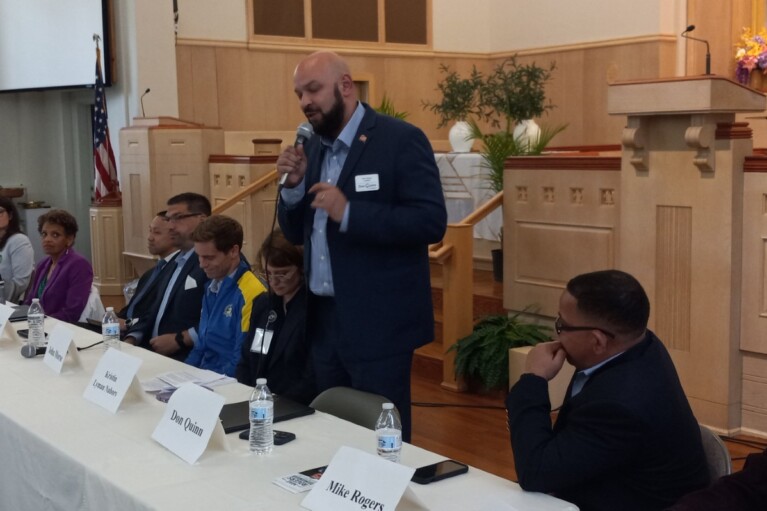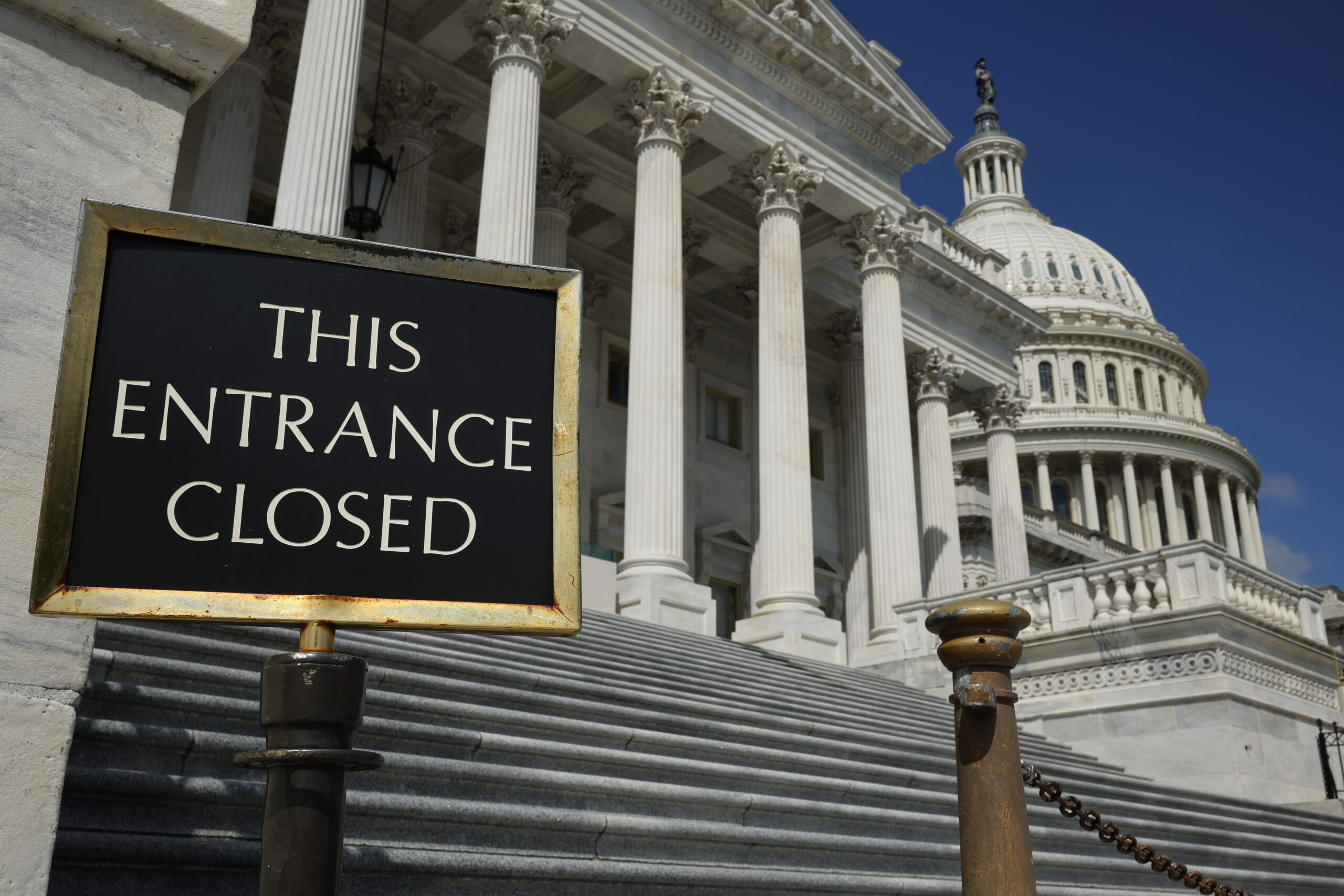What Maddie Wolf remembers from when she and fellow students looked toward voting in the 2016 primaries was a sense of confusion.
“Everyone was trying to figure out how to take part in it,” she said, but there were no go-to institutions on the Maryland Institute College of Art campus to help people figure out how to register to vote or how to get an absentee ballot.
Wolf and a group of fellow students took the matter into their own hands — with no administrative support — to make sure their peers would be able to vote.
“I have memories of my dorm floor being covered with absentee ballots from every state, trying desperately to figure out a process to help students vote, and unfortunately throughout all that time, the most [school assistance] we were really able to get was access to the Student Activity Center printer,” she said. “That was what 2016 looked like.”
Ahead of the 2018 midterm election, Wolf said, her college’s administration stepped up, creating a student coalition and designating a staff member to help students figure out the process. Aided by those efforts, 95.2 percent of students at the Maryland Institute College of Art had registered to vote in 2018.
Wolf and other student leaders gathered Thursday to support the Student Voter Empowerment Act, sponsored by House Majority Leader Eric G. Luedtke (D-Montgomery) and Sen. Clarence K Lam (D-Howard and Baltimore County), which would require higher education institutions to take steps to get young people engaged.
If enacted, HB245 — cross-filed as SB647 — would make Maryland colleges and universities responsible for designating on-campus polling locations on larger campuses, creating “student vote plans” to increase participation, appointing student voting coordinators within university staffs and making sure voter registration links are accessible on their websites — measures similar to those Wolf’s alma mater has taken.
The legislation has gotten support from student government organizations across the state, including the University of Maryland College Park’s Student Government Association.
“Students want to vote, ” said College Park student body President Ireland Lesley. “They want to be engaged, they want to be involved, and this is the way to make sure that that happens.”
Lam and Luedtke, who both are on faculties at Maryland universities, said providing on-campus student voting support is important to sustain a surge in young people’s civic engagement, which Luedtke said has been on the rise in recent years.
“I’ll tell you, we do a great job teaching young people about separation of powers, and checks and balances and these big ideas about government,” he said. “We do a terrible job of telling people how to register to vote, how to actually go vote, how to get an absentee ballot.”
Luedtke said that policymakers often blame low young voter turnout on a lack of willingness to engage, but that isn’t the issue. He said he has “qualified, smart students who’ve never learned how to actually register.”
“And that’s a failure of our society.”
Lam spoke of a “generational change,” saying that young Marylanders want their voices heard, and that this bill would jumpstart that process.
“It’s a much-needed tool to be able to support young people who do want to have a voice in the political process to be able to get involved, make it as easy as possible for them to all do that,” he said.




 Creative Commons Attribution
Creative Commons Attribution